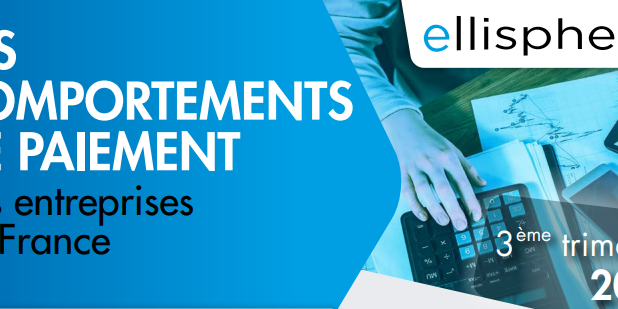Fake news or more recently infox* is not a new phenomenon. It is similar to gossip in its diffusion. In its translation from English to French, it is necessary to distinguish two notions, the "fake" and the "false", that is to say what is erroneous from what is falsified. A piece of information can be "false" in several ways, it can be imitated, erroneous or parodic, as well as benevolent or malicious...
With digital technology, especially social networks such as Facebook, Twitter, YouTube, Instagram, Snapchat, etc ... a fake news can become viral thanks to the many shares it receives. This virality generates a loss of informational references with the spectre of opinion manipulation at its end.
The purpose of Internet rumors: to drive users to advertisements
False information spreads six times faster than true information. And the more a rumor is repeated, the more it ends up resembling the truth. Thus, dozens of rumors have been spread, relayed and inflated by social networks or the press before being denied. False information on the internet has flourished in a system based on the attention economy whose objective is to attract internet users to advertisements. This is why the credit manager, in his quest for information, should not consider social networks as information media, but above all as advertising agencies.
What truth can we expect from automated information generation?
Companies are not spared by the phenomenon of false rumors and misappropriated or invented information. Whether on forums, professional social networks, platforms or online consultations, dishonest information is multiplying at a time when the "serious" media are charging more and more for their verified and qualified information.>
According to OpenAI, Artificial Intelligence would be able today, from a simple suggestion of title, to generate automated information called "realistic or credible". Realistic information does not mean of course that it is true...
Rumor, misinformation or manipulation (of content), the truth does not always come out of the mouth of the Internet... Some experts, notably Gartner, estimate that in 2022 "misinformation" could have supplanted "information" on the Internet.
The essential point of the use of Internet information by the credit manager: analysis and reasoned critical sense
For credit management professionals, false information on the Internet has a significant detrimental effect on decision making because it distorts the real image of companies. It forces the credit manager to verify more and more the collected information to estimate its veracity. On the information market, credit managers can rely on qualified service providers with experts in information gathering, mastering interview techniques, and deploying a critical sense of the information collected from both public and private sources.
Some initiatives exist in France to compensate for this asymmetry of information, such as the " Le Monde " website with its Decodex tool, a database of several hundred sites classified by degree of reliability.
In conclusion
Misinformation is not a new phenomenon. What is new is the extent and speed with which it is propagated, particularly through social media. One of the main consequences of this phenomenon is the doubt distilled in the mind of the public consumer of information who now doubts everything, especially the traditional media.
In France, there is already a law to fight against infox, the "1881 law" on the freedom of the press. As far as false information related to the financial market is concerned, the Autorité des Marchés Financiers (AMF) has the power to impose sanctions, including the risk of heavy fines for both the company and its director... However, it is clear that these provisions - and many others, both French and foreign - seem to be struggling to curb a global phenomenon of this magnitude
*French neologism coined from the words "information" and "intoxication
Read more
Risk modeling, the necessary tool for decision making and performance
As the amount of data to be analyzed continues to grow for companies, risk modeling remains an indispensable tool for credit managers to manage their decision making and performance.




